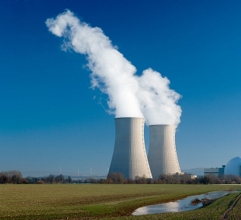
WHAT'S NEXT?: By 2025 solar energy will be the cheapest energy option globally. In 2040, oil and natural gas are expected to make up nearly 60 percent of global supplies, while nuclear and renewables will be approaching 25 percent. Improvements in energy efficiency in lighting and home appliances are expected to continue to push residential electricity use lower. The burning of coal will fall out of favor. Transportation energy consumption will be rising in correlation to growth in automated vehicles in the coming years.
Last updated: 27 February 2026